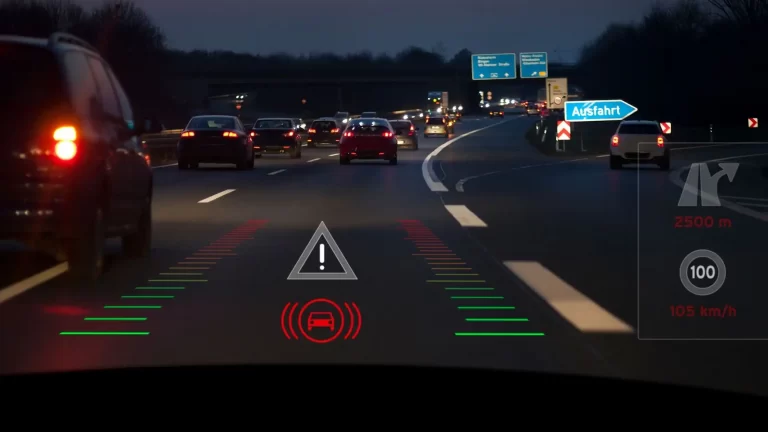UV Filter Glass Coating: Enhancing Protection and Performance
In today’s world, where exposure to ultraviolet (UV) radiation is increasingly prevalent, protecting sensitive equipment and surfaces from its harmful effects is paramount. UV filter glass coatings offer an effective solution by providing a transparent barrier that selectively blocks UV rays while maintaining optical clarity. In this blog, we’ll explore the significance of UV filter glass coatings, their applications, and the benefits they offer in various industries.
Understanding UV Filter Glass Coating
UV filter glass coating is a specialized type of thin film coating applied to glass surfaces to selectively attenuate ultraviolet radiation. These coatings are typically composed of metal oxides or organic compounds that absorb or reflect UV light while allowing visible light to pass through unhindered. By filtering out harmful UV rays, these coatings help protect delicate materials and components from degradation, discoloration, and other forms of UV-induced damage.
Applications of UV Filter Glass Coating
- Photography: In photography, UV filter glass coatings are commonly used as lens filters to reduce the adverse effects of UV radiation on image quality. By eliminating UV haze and atmospheric distortion, these coatings help produce clearer, sharper photographs with more accurate colors.
- Optical Instruments: UV filter glass coatings find extensive applications in optical instruments such as microscopes, telescopes, and spectrophotometers. By preventing UV-induced degradation of optical components, these coatings ensure the reliability and longevity of sensitive instruments.
- Display Screens: In electronic devices and display screens, UV filter glass coatings serve to protect LCD panels and touchscreens from UV-induced yellowing, fading, and deterioration. By preserving the optical clarity and performance of display technologies, these coatings enhance the user experience and extend the lifespan of electronic devices.
- Automotive: UV filter glass coatings are also used in automotive glass to protect vehicle interiors from UV-induced fading and deterioration. By blocking harmful UV radiation, these coatings help maintain the appearance and value of automotive upholstery, dashboard materials, and interior surfaces.
Benefits of UV Filter Glass Coating
- UV Protection: The primary benefit of UV filter glass coatings is their ability to block UV radiation, thereby safeguarding sensitive materials and surfaces from UV-induced damage.
- Optical Clarity: Despite their UV-blocking properties, UV filter glass coatings maintain optical clarity and transparency, ensuring minimal distortion or coloration of transmitted light.
- Durability: UV filter glass coatings are highly durable and resistant to abrasion, moisture, and environmental exposure, making them suitable for long-term use in various applications.
- Enhanced Performance: By reducing UV-induced degradation and discoloration, UV filter glass coatings contribute to the enhanced performance, reliability, and longevity of optical components and surfaces.
Conclusion
In conclusion, UV filter glass coatings play a crucial role in protecting sensitive materials and surfaces from the harmful effects of UV radiation. Whether used in photography, optical instruments, electronic displays, automotive glass, or other applications, these coatings offer a reliable and effective solution for mitigating UV-induced damage while preserving optical clarity and performance. As the demand for UV protection continues to grow across various industries, UV filter glass coatings will remain indispensable in ensuring the durability, functionality, and aesthetics of a wide range of products and applications.
FAQs on UV Filter Glass Coating
1. What is UV Filter Glass Coating?
UV Filter Glass Coating refers to a specialized coating applied to glass surfaces to selectively block ultraviolet (UV) radiation while allowing visible light to pass through.
2. How does UV Filter Glass Coating work?
This coating is designed to absorb or reflect UV wavelengths, preventing them from penetrating the glass substrate while transmitting visible light.
3. What are the main uses of UV Filter Glass Coating?
UV Filter Glass Coating is commonly used in lenses, camera filters, eyeglasses, and windows to protect sensitive equipment and human eyes from harmful UV radiation.
4. What are the advantages of UV Filter Glass Coating?
It provides effective UV protection, enhances image clarity by reducing UV-induced haze, and helps prevent UV-induced degradation of materials.
5. Can UV Filter Glass Coating be customized for specific UV wavelength ranges?
Yes, the coating can be tailored to block UV radiation within specific wavelength ranges based on the application requirements.
6. Are there different types of UV Filter Glass Coating?
Yes, variations include absorptive coatings, interference coatings, and multi-layer dielectric coatings, each offering specific spectral characteristics and performance properties.
7. Can UV Filter Glass Coatings be combined with other optical coatings?
Yes, they can be integrated with anti-reflective coatings, scratch-resistant coatings, and other optical coatings to achieve desired optical properties and performance.
Thank you for reading our blog! We appreciate your time and interest. If you have any questions or feedback, feel free to reach out.









One Comment